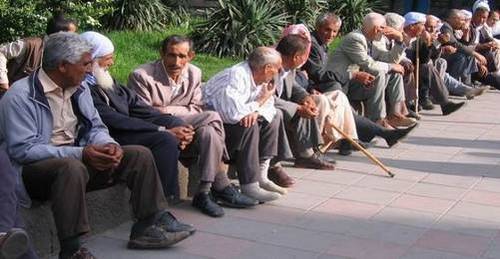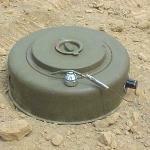Steve Goose, program director of the Human Rights Watch (HRW) Arms Division, argues that mine clearing programmes need not be carried out by private companies or armies.
Rather, he told bianet, that NGOs could carry out the most effective programmes of identifying mine locations, clearing them, informing civilians and handing over cleared land.
"NGOs more effective"
The UN treaty on land mine bans, known as the Ottowa Treaty, does not dictate how countries are supposed to clear their land of mines. According to Goose, many countries have used armies, but NGOs are now carrying out more effective, efficient, well-coordinated, well-managed, and more transparent mine clearing programmes.
As an example he cites one of the earliest civilian mine clearing programmes in Afghanistan.
Goose believes that the people benefitting from the cleared land should be those who suffered most from the mines. This viewpoint had been ignored by the Turkish government when it suggested handing over mine clearance to private companies in return for allowing them to use the land afterwards.
The Farmers' Union Confederation Çiftçi-Sen has argued that the land should be turned over to landless farmers and used to set up organic farming projects. bianet had also spoken to journalist Ali Bulun, Nusaybin Chamber of Trade president Mahsun Özmen and Nusaybin Chamber of Agriculture president Mehmet Ali Doğru, all in the province of Mardin, which borders Syria and has had many mines buried at the border. People there have also said that mine victims should benefit from the clearances.
"No further violations"
Goose pointed out that Turkey had already violated the Ottowa Treaty once by not getting rid of its stockpiled mines by 1 March 2008. He called on Turkey to respect the deadline of 1 March 2014, by which date Turkey is supposed to have cleared all the buried mines. (TK/AG)













